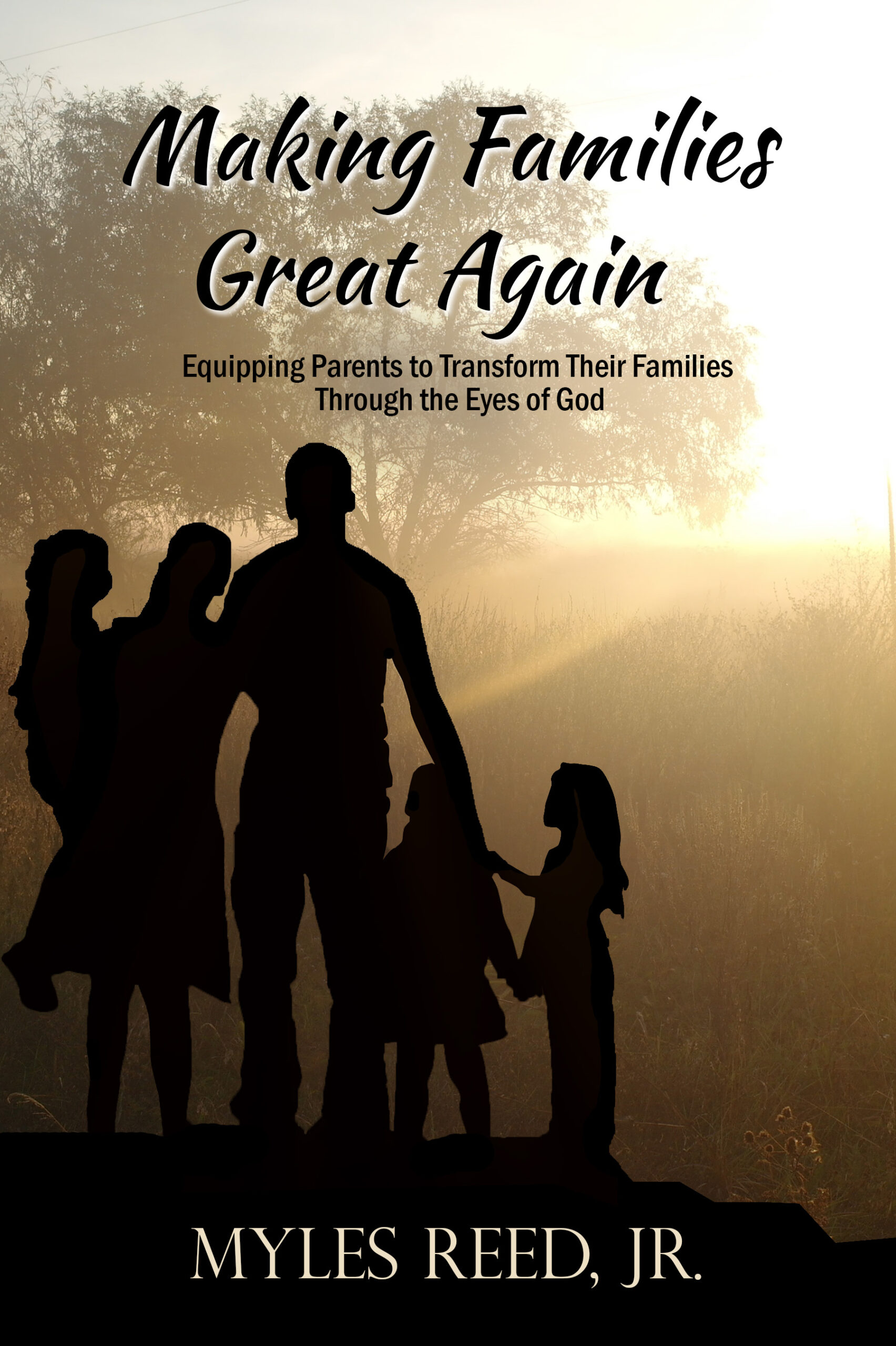
We want to be effective communicators or we wouldn’t open our mouths, pick up a pen, or compose an email. Yet the results aren’t always what we want, and the greatest problem is not knowing what the problem is.
The next problem is finding someone who can patiently teach us how to frame words effectively, since even university professors don’t always know what works best for today’s audiences.
We can’t use literary classics as examples of great writing. Movies and television have led people to want an emotional journey that follows a character’s desperate need in the face of insurmountable obstacles. Most readers won’t tolerate the literary style that was so popular fifty years ago.
Bestselling novels aren’t good models to follow either. Why? People usually buy books because the author is some kind of celebrity, not because the writing is great. That fact would be more obvious if we could know how many of those books were read cover to cover—probably somewhere around 10 percent. Because celebrity, not content, sells books, we can trust traditional publishers to buy what they believe will sell, but the stories can be less than captivating.
If we think students graduating with journalism degrees can tell us what we need to know, we would be wrong. Many have forgotten the rules if they ever knew them. They missed learning the purpose behind the rules, which would tell them whether the best communication should follow or ignore those rules.
Critique groups can be a wonderful resource for finding ways to improve your work, but you’ll still need a good editor before a book is ready for print. Elizabeth George, author of Write Away, says, “Finding a copy editor who knows one kind of sentence from the other these days is becoming nothing short of miraculous.”
Your goal should be to learn all you can as fast as you can. Then you can be your own best editor.




 Character is a critical key to becoming a person of quality, and it starts in the home!
Character is a critical key to becoming a person of quality, and it starts in the home!